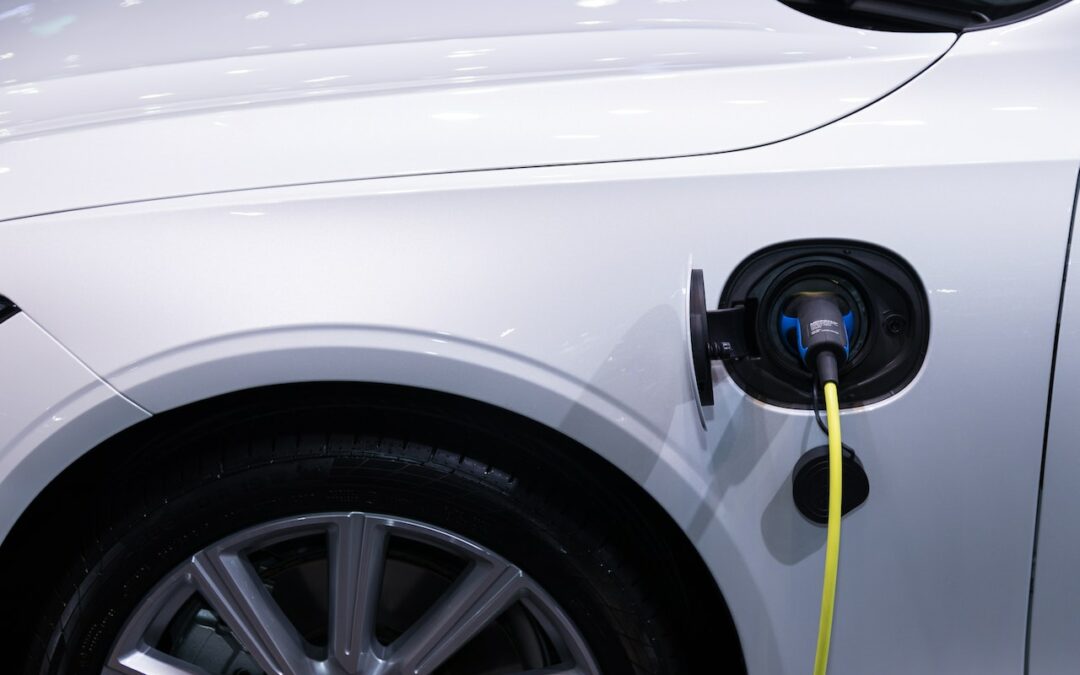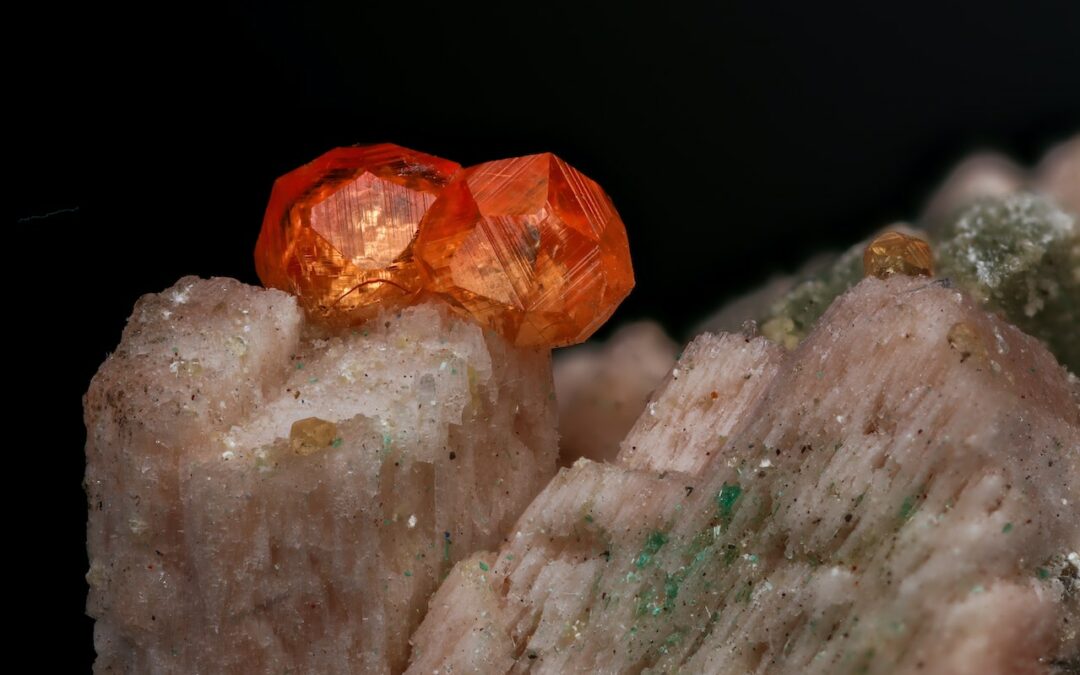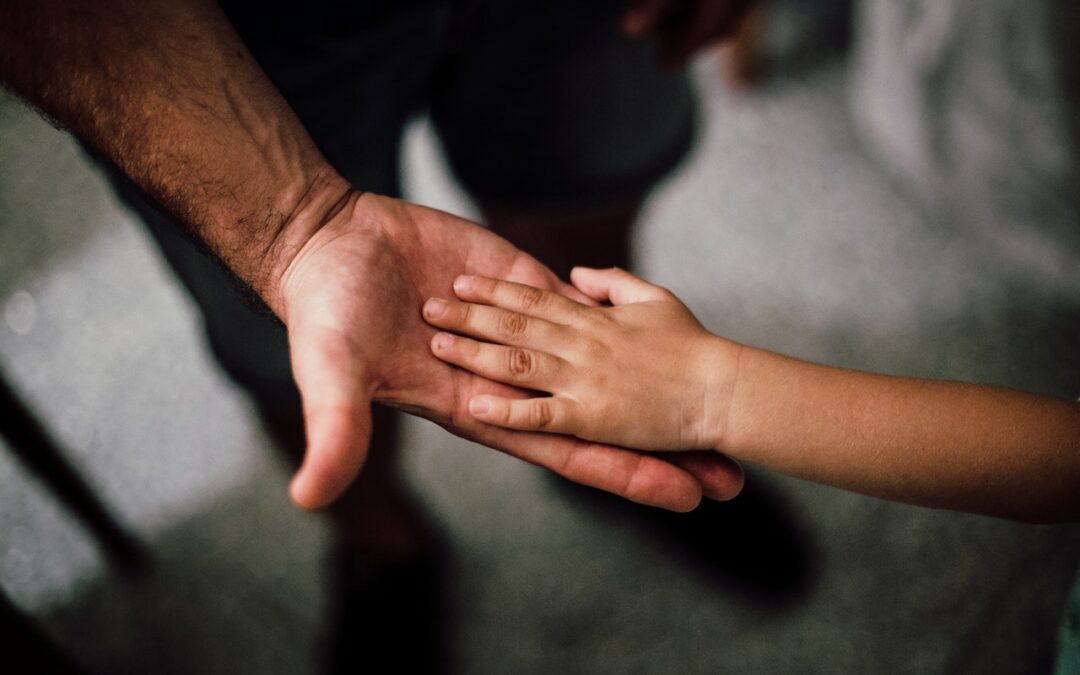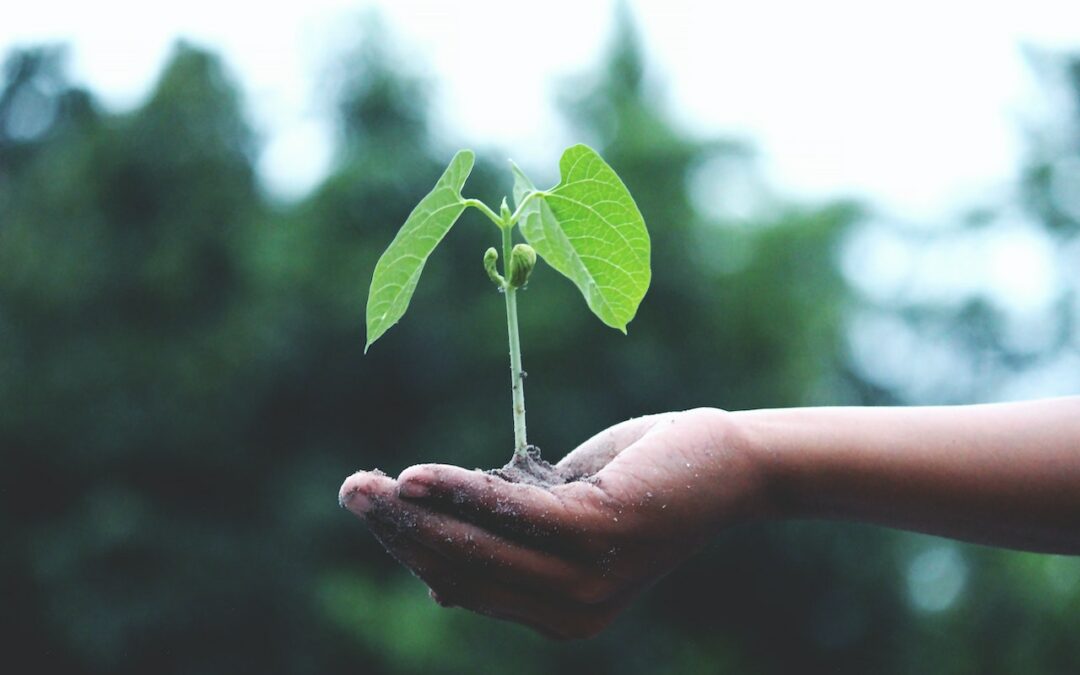
Powering Indonesia’s Future with Geothermal Energy
Powering Indonesia’s Future with Geothermal Energy
jschoshinski
Tue, 01/14/2025 – 16:19
Indonesia ranks second behind the U.S. in installed geothermal capacity and is home to some of the world’s largest geothermal reserves. However, despite its vast geothermal potential, Indonesia faces challenges in securing financing and navigating regulatory hurdles for large-scale geothermal projects. One such project, the Ijen geothermal power plant in East Java, experienced delays after initial agreements in 2013, with investors pulling out and development stalling. Given Ijen’s importance in the nation’s energy transition and its inclusion in Indonesia’s 10-year Electricity Supply Business Plan, it was critical that the project secure funding to help Indonesia meet its clean energy goals.
USAID played a pivotal role in overcoming these barriers by providing essential transaction advisory services to the project financing lender Indonesian infrastructure bank PT Sarana Multi Infrastruktur (PT SMI). Through the USAID Sustainable Energy for Indonesia’s Advancing Resilience (USAID SINAR) activity, USAID provided legal due diligence, identified development risks, and prepared term sheets, facility agreements, and corporate approvals. With the Agency’s support, the Ijen project is expected to leverage $227 million in financing and achieve generation capacity of 110 MW, helping to strengthen Indonesia’s energy security.
In 2024, the U.S. International Development Finance Corporation (DFC) announced a commitment of up to $126 million for Indonesian geothermal developer PT Medco Cahaya Geothermal (MCG) to support the first phase of development at Ijen. DFC’s commitment is in cooperation with PT SMI, which signed its own financing agreement with MCG in 2023.
The first phase of the Ijen geothermal project, which will generate 31 MW of renewable energy capacity to the interconnected Java-Bali grid, is now on track for commercial operation by the end of this month. Once operational, the plant will provide a low-carbon energy source to two of the country’s most populous regions, helping Indonesia reduce its reliance on coal and decrease its carbon emissions. This achievement aligns with USAID’s regional priorities of advancing clean energy, reducing greenhouse gas emissions, and enhancing energy resilience in Southeast Asia.
The success of the Ijen geothermal project highlights the importance of transaction advisory services, innovative financing, and strategic partnerships in overcoming financial and regulatory hurdles for renewable energy projects. Innovative financing leverages U.S. Government, Government of Indonesia, and private sector investments to support the development of renewable energy infrastructure, ultimately advancing the energy transition towards a more sustainable future. Future energy transition efforts in Indonesia will benefit from similar approaches, emphasizing the need for strong public-private partnerships and clear legal frameworks to accelerate the deployment of advanced energy technologies.
Teaser Text
The USAID Sustainable Energy for Indonesia’s Advancing Resilience (USAID SINAR) activity provided support to the Ijen project, which is expected to leverage $227 million in financing and achieve generation capacity of 110 MW.
Publish Date
Tue, 01/14/2025 – 12:00
Author(s)
Janice M. Laurente
Hero Image
AdobeStock_607617676.jpeg
Blog Type
Blog Post
Strategic Objective
Mitigation
Region
Asia
Topic
Carbon
Emissions
Climate Finance
Clean or Renewable Energy
Grid Integration
Mitigation
Partnership
Private Sector Engagement
Country
Indonesia
Sectors
Energy
Show Download Link
Off





